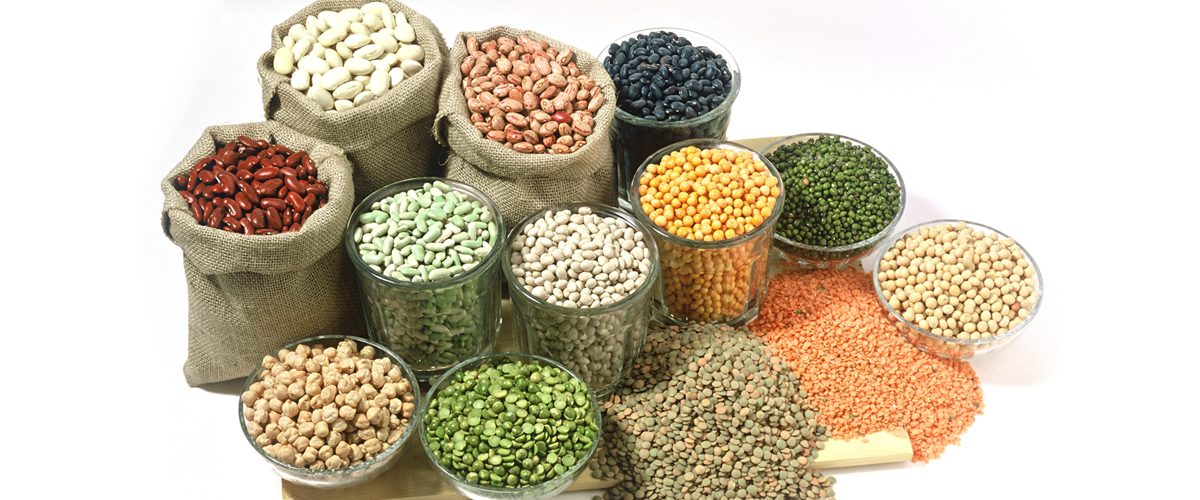This one antioxidant found in whole grain, legumes, nuts and seeds has been given a bad rep. The chief concern is that phytates will bind to certain minerals (manganese, iron, calcium (lesser extent), zinc and prevent their absorption. The presence of phytates in food isn’t really the worry. As long as one eats a balanced diet, phytates do not become an issue. Most of us are consuming enough minerals, to worry about phytates eating on the minerals. Where mostly grain is eaten as a meal, you need to be worried about this. A way to not get the phytates in is to soak the grain, legume in water or a combination of water and good quality vinegar or lemon juice. Do keep in mind cooking will destroy the phytates in food as will soaking the food. A diet which stresses on fermentation, such as the Macrobiotic approach where lactofermentation happens also breaks down phytates.
They do have some beneficial effects like that of being anti-inflammatory, and stopping the growth of cancerous cells. Besides if you consume legumes (dahls/beans/pulses) you are getting in the same amount of phytates as you would from a whole grain. Keep in mind phytic acid will reduce absorption only at the meal it is consumed in and not though the day. The goal is not to eat high-phytate foods all the time, with each meal. Having said that, all Indian diets have legumes, whole grain some amount of nuts and seeds; so the way out is soaking them, sprouting, fermenting and cooking them. For example sprouting jovar seeds will completely degrade the phytic acid in it. Besides meat has phytic acid and zinc is still absorbed well from it. Bottom line: Vegetarians and Vegans maybe at risk; having said that I am one and have never suffered from deficiencies.
Good luck with sprouting, fermenting, soaking and cooking your whole grains and legumes!

